Longo Borghini: I dream of women's cycling being as professional as the men's
Tour of Flanders winner discusses women's WorldTour plans with Cyclingnews
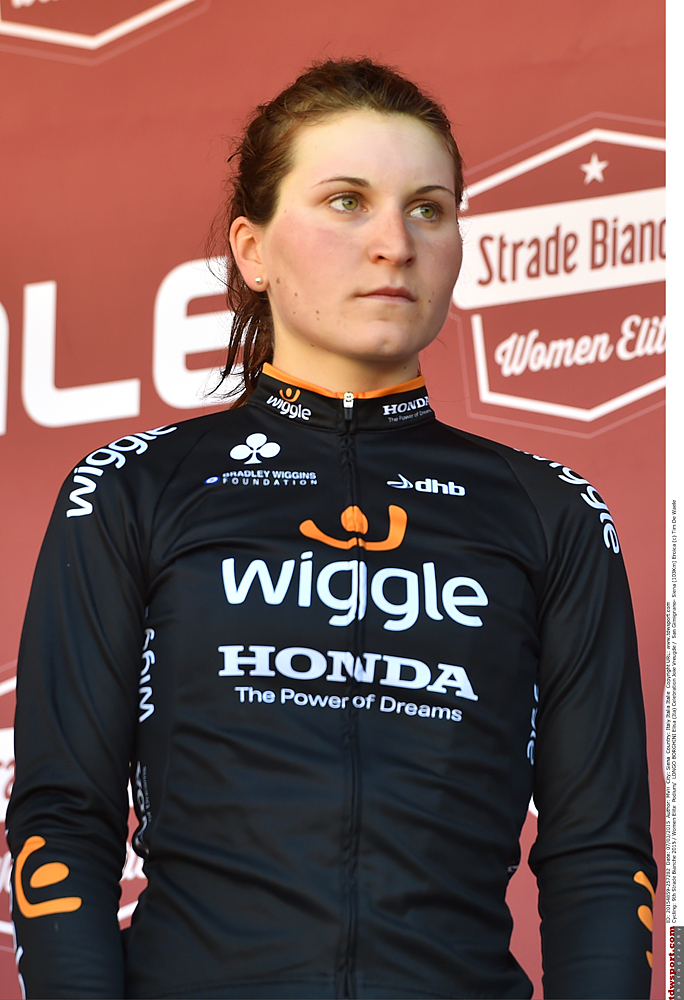
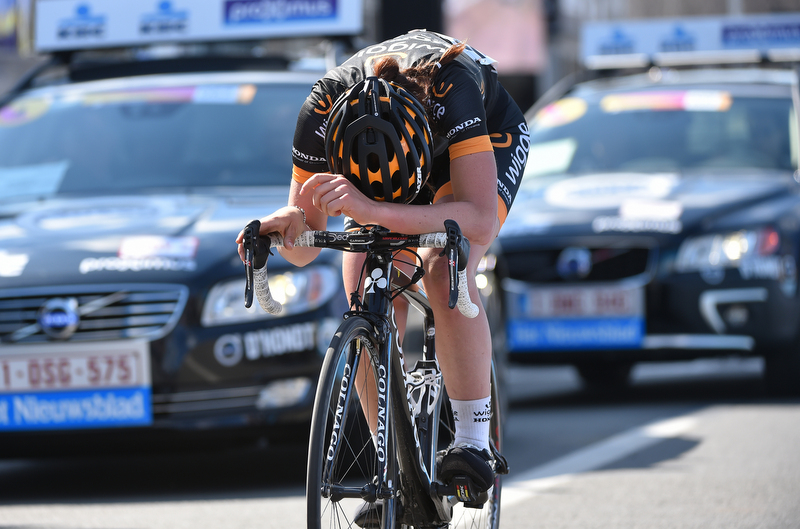
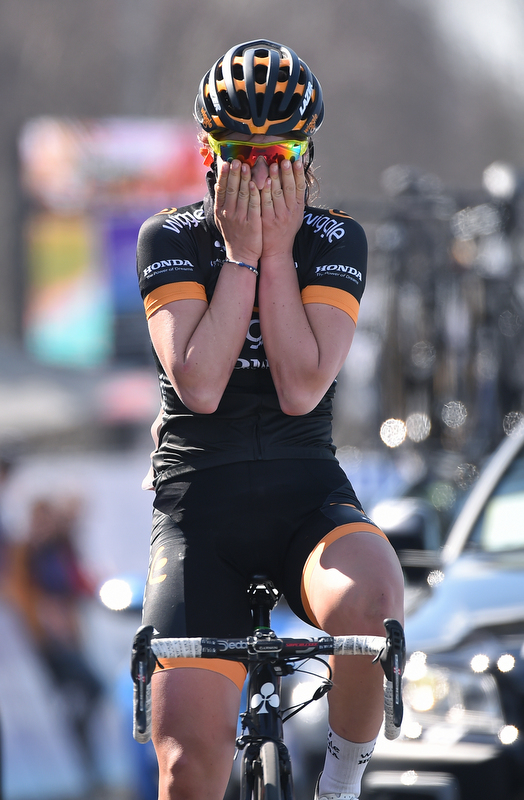
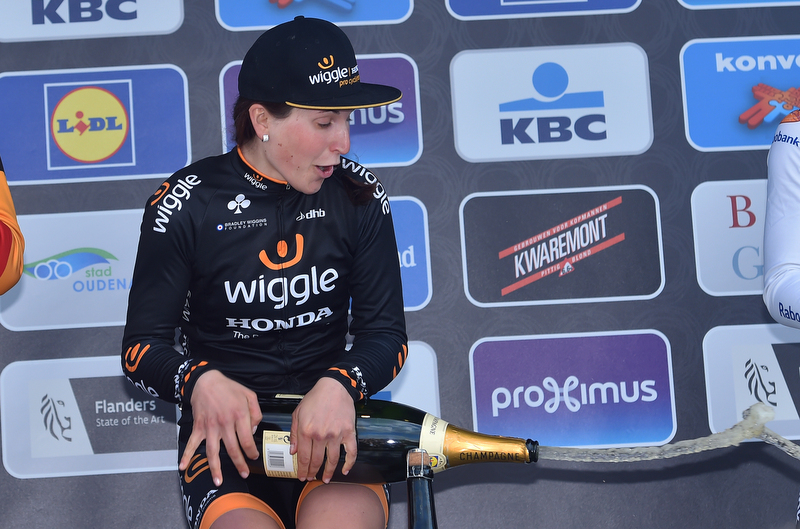
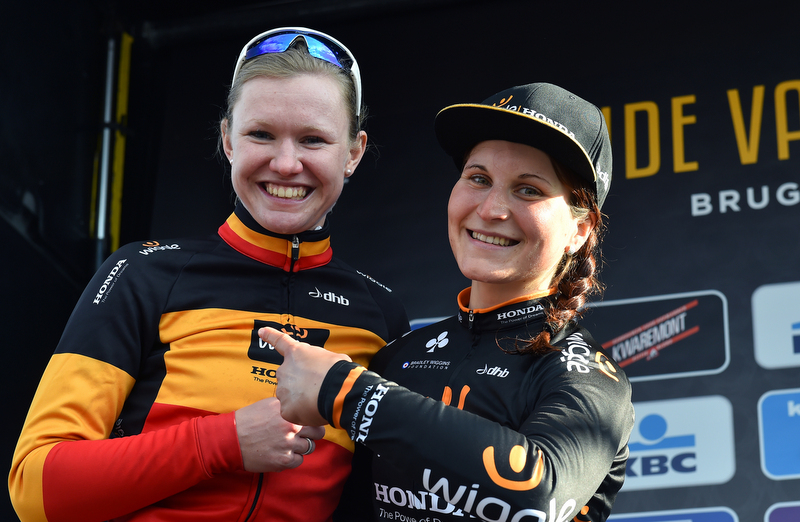
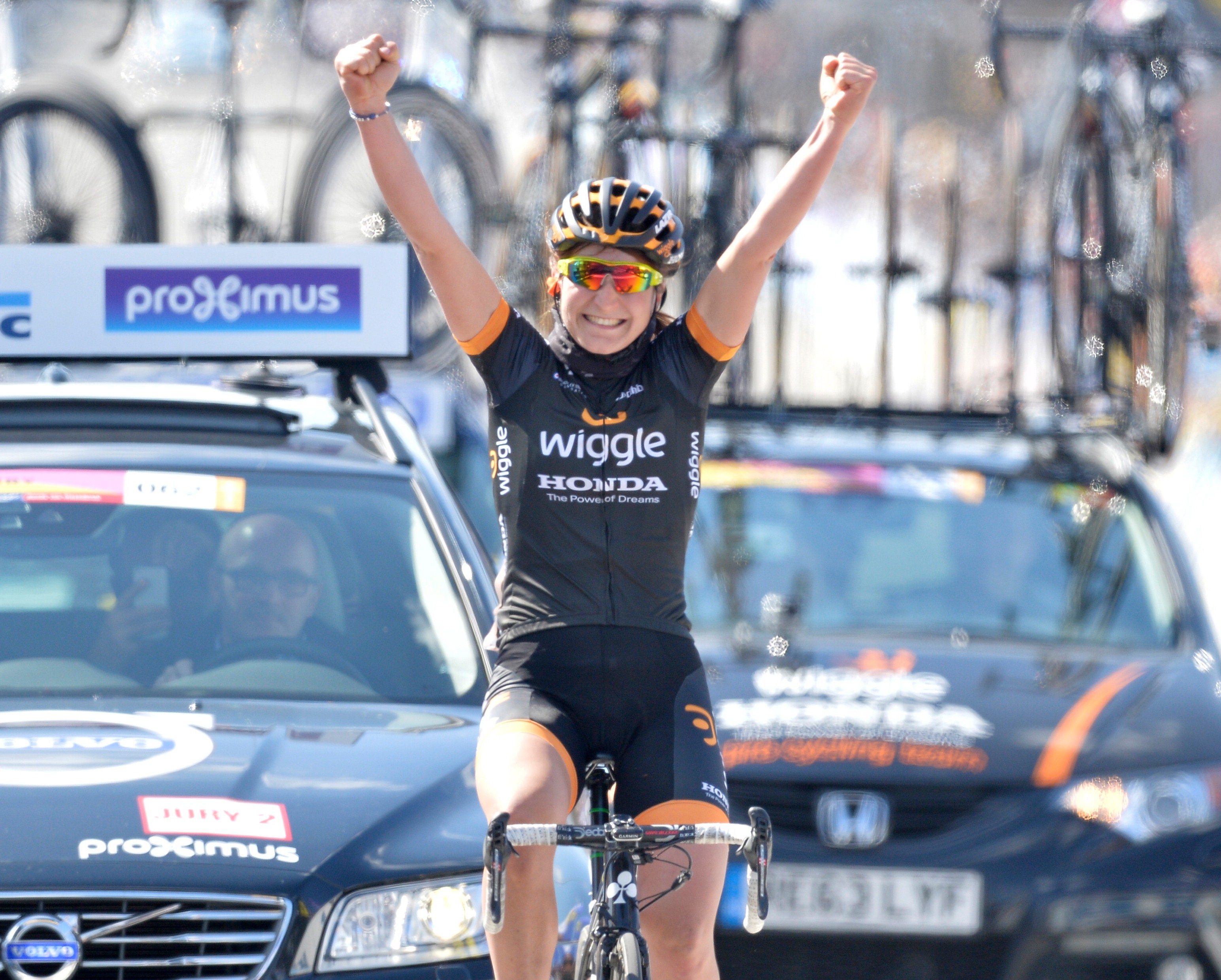
Last month, after the inaugural Strade Bianche, the UCI sat down with a number of the top female cyclists to outline their plans for a women’s WorldTour – a series that would try to mirror the already established men’s WorldTour. After making several breakthroughs in the past two seasons, in terms of their calendar, the inception of a WorldTour for the women would be the first major structural step forward for the female peloton in some time.
Recent Tour of Flanders victor Elisa Longo Borghini (Wiggle-Honda) was one of the riders who stayed in Siena to attend the seminar, along with her team manager Rochelle Gilmore. Despite her young years – she’s still only 23 – Longo Borghini already has a wealth of experience at the top level, and she sat down with Cyclingnews to discuss what the UCI’s plans mean for her and the rest of women’s cycling.
“For me, it’s a kind of emotional to think about having a proper professional calendar and a WorldTour,” Longo Borghini tells Cyclingnews. “The team that I’m riding in right now, everything is almost like the men’s. We have a really good structure. We have a lot of support from the team, sponsors, management. It’s really good, I think that we are an example to follow and the other teams can keep an eye on us because Rochelle Gilmore is doing a great job, not only for her team but for the world of women’s cycling.”
More races at the highest level
In addition, all of the WorldTour races would be broadcast live on the UCI’s YouTube channel, which already hosts highlights packages of each of the World Cup rounds. This is by no means a definitive list and could change before 2016 rolls around. Like many, Longo Borghini would also like to see the return of the women’s Tour de France. “It would be really cool and I dream of riding the Tour de France,” she says.
“I think that the main problem for the Tour de France is the commercial parade, they are coming with trucks for the sponsors two hours before so that would be an issue. ASO said that the main issue is that one because they need to close the roads but I don’t exclude the option that somewhere in the future there will be a Tour de France for women again because they’ve had it already.”
The racing schedule is just one minor detail of this newly proposed WorldTour as the governing body looks to turn the women’s sport into a much more professional and sustainable model. As Longo Borghini explains, new regulations surrounding the structure and management of teams and riders will be implemented over the next four years. “From 2017 there will be more control from the UCI in terms of team registration and licences. Every team will be registered with the UCI and not the national federation,” she says.
Get The Leadout Newsletter
The latest race content, interviews, features, reviews and expert buying guides, direct to your inbox!
“Then by 2018 we want to have, in all the teams registered with the UCI, two members of staff with a full-time contracts, a team doctor, all the athletes included in the ADAMs programme and the financial structure of the team will be similar to the men’s one.
“(The UCI) will keep an eye on the media stuff and all the broadcasting because all the WorldTour races will be broadcast by the UCI, and they will have more media exposure than the others. This way they want to promote women’s cycling and to find sponsors for women’s cycling. I think it will be hard for some teams to go forward to the WorldTour but on the other hand it will be good for the sport and for the development of our sport.”
A closed circle
Teams will have to apply for licences in the same way as the men’s, supplying their financial documentation among other requirements. However, the ability to move up and down will be somewhat restricted in the early years, although plans were mooted for a Pro Continental tier somewhere in the future.
“I think it will be a bit more like a closed circle but more professional. It’s hard, I know, but we need to try,” Longo Borghini explains. “If we never try to raise our sport then we will never reach the level we want. I really would like to see women’s cycling get closer and closer to the men’s, in my dreams.”
With the new WorldTour also comes the hope that a minimum wage for the women can be established. In the highest level of the men’s sport riders can be paid no less than €35,000 a year, while there is no minimum level set for the women. Though many of the biggest teams already supply a living wage, many female riders have to take on a second job to live comfortably. The subject has been hotly debated, with UCI president Brian Cookson stating last year that a minimum wage could hurt women’s cycling.
A minimum wage would be part of this new WorldTour but it will not come in immediately. Longo Borghini accepts that the process is still very much a work in progress. “In this four-year programme they will try to apply the rules step by step,” she says.
“It’s not from next year that we start and boom, everything will be like this. It will be gradual changes and every year they will try to introduce new rules for letting the teams be comfortable and be able to afford the efforts that they have to do.”
Born in Ireland to a cycling family and later moved to the Isle of Man, so there was no surprise when I got into the sport. Studied sports journalism at university before going on to do a Masters in sports broadcast. After university I spent three months interning at Eurosport, where I covered the Tour de France. In 2012 I started at Procycling Magazine, before becoming the deputy editor of Procycling Week. I then joined Cyclingnews, in December 2013.